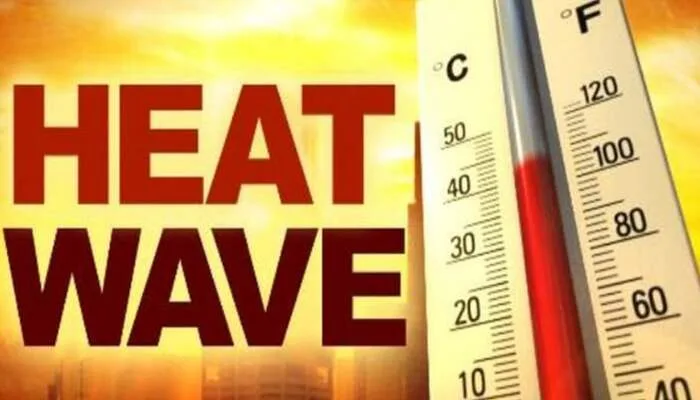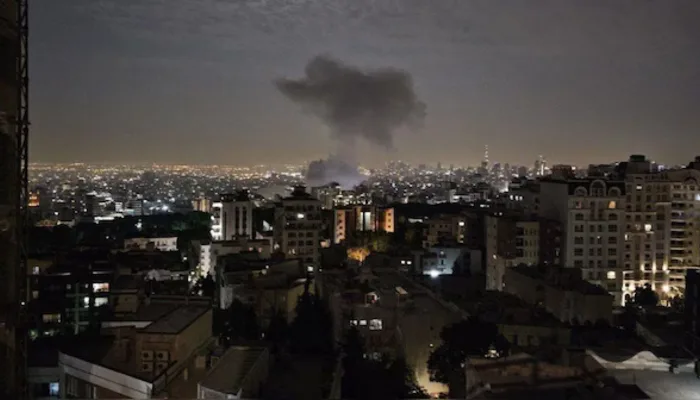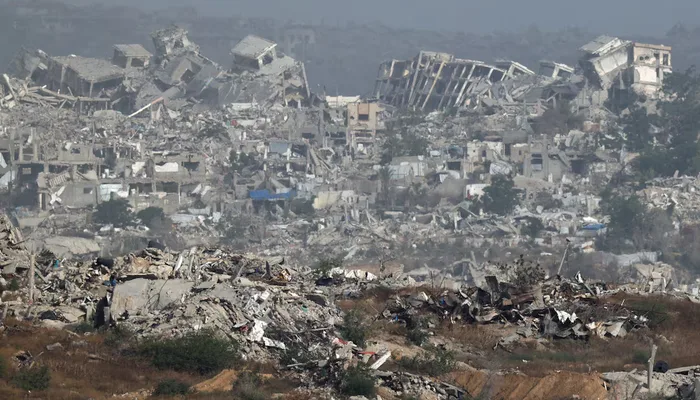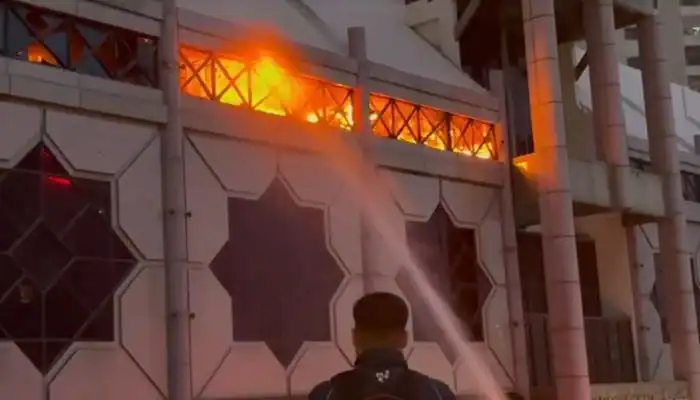
>The Pakistan Meteorological Department has issued a heatwave warning for the plains of the country, forecasting dangerously high temperatures from June 18 to June 21. The alert urges citizens, especially vulnerable groups, to take extra precautions during peak heat hours.
Extreme Temperatures Ahead
The Met Office predicts hot and dry weather across most regions. Daytime temperatures are expected to soar in the plains, creating severe heat conditions. The public is advised to avoid outdoor activity between 11:00 a.m. and 4:00 p.m., stay hydrated, and limit sun exposure.
Vulnerable Groups at Risk
Health authorities stress the importance of drinking plenty of water and remaining indoors during the hottest parts of the day to prevent heatstroke and related illnesses.
Read: Pre-Monsoon Rains Set to Hit Sindh Amidst Ongoing Heatwave
Regional Forecast
Hot and dry conditions will dominate the weather in Balochistan, Sindh, Punjab, and southern Khyber Pakhtunkhwa. However, partly cloudy skies are expected in southeastern Sindh, eastern Punjab, Gilgit Baltistan, and Kashmir. Some areas may also experience rainfall, accompanied by strong winds and gusts.
Record-High Temperatures Reported
On Monday, Turbat in Balochistan recorded the nation’s highest temperature at 47°C. Jacobabad followed with 46°C, while Dadu, Mohenjo Daro, and Sibi each saw temperatures of 45°C.
Karachi’s Sizzling Conditions
Karachi is currently facing severe heat, with temperatures hitting 39°C. However, due to a 41% humidity level, the “feels like” temperature has surged to 46°C. Winds in the city are mild, blowing at just 4 km/h from the west, offering little relief from the oppressive heat.
Caution Urged Nationwide
With the intense heat gripping large parts of the country, the Met Office continues to monitor the situation. Authorities urge the public to remain vigilant, avoid unnecessary travel during the daytime, and follow safety guidelines to reduce the risk of heat-related emergencies.












